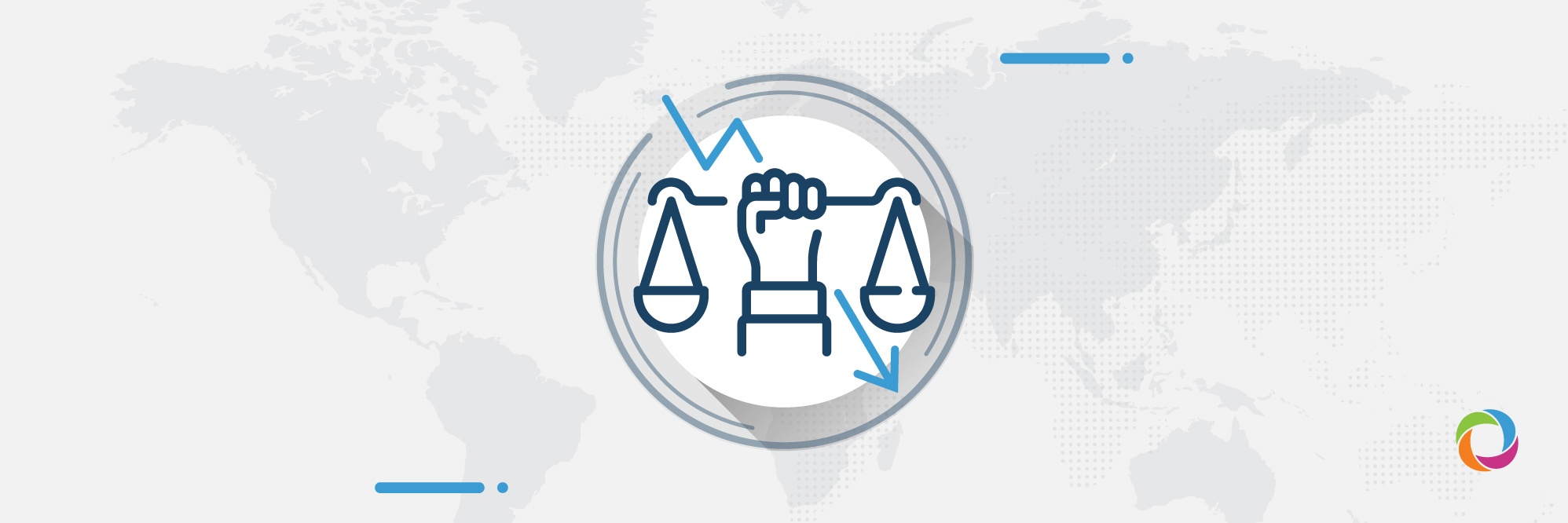Aside from healthcare challenges, the coronavirus pandemic has also hit the issue of human rights hard according to a report by Amnesty International. Violations of the rights to life, health, and social protection, gender-based violence, threats to sexual and reproductive rights, and the repression of dissent all witnessed an upsurge in 2020, particularly in less well-off countries. Covering data from 149 countries, the report reveals that those marginalized, including women and refugees as well as health workers and those involved in the informal sector, were the most exposed to inequities.
According to Amnesty International, the pandemic has worsened the already existing disparities that are a result of decades of “political and financial crises and flaws in global systems of governance and co-operation”. As a consequence, the impact of the COVID-19 has been worse for ethnic minorities, refugees, older people, and women than for others. The pandemic has aggravated the situation by trapping migrants in refugee camps that have been left without vital supplies while others have been stuck at borders without any support. For instance, Uganda, which hosts 1.4 million refugees, closed its borders as a result of the pandemic, leaving 10,000 people stranded close to the border.
Agnès Callamard, Amnesty International’s new Secretary-General said that “COVID-19 has brutally exposed and deepened inequality both within and between countries. Decades of divisive policies, misguided austerity measures, and choices by leaders not to invest in crumbling public infrastructure, have left too many easy prey to this virus.”
Lives, Health, and Social Protection
Killing more than 1.8 million people worldwide, the coronavirus has destroyed health systems and also ruined the economic and social norms of countries around the globe. The number of people experiencing severe food scarcity doubled to 270 million in 2020. Figures show that health and other frontline workers were harassed or intimidated by authorities in 42 out of the 149 countries. Furthermore, in 42 countries, refugees and migrants declared that they had been forcibly evicted. In many countries, minorities registered higher rates of death than others as a result of already existing disparities including lack of access to the healthcare system.
“We are reaping the results of years of calculated neglect at the hands of our leaders. In 2020, under the unique strain of a pandemic, health systems have been put to the ultimate test and people have been left in financial freefall. The heroes of 2020 were the health workers on the frontlines saving lives and those bunched together at the very bottom of the income scale, who worked to feed families, and keep our essential services going. Cruelly, those who gave the most, were protected the least,” said Agnès Callamard.
Gender-Based Violence
Levels of gender-based violence continued to be shockingly high around the globe in 2020. Cases of arrests of LGBTI individuals were recorded in 24 out of the 149 countries monitored by Amnesty International. The situation worsened during the pandemic as, while many countries took measures to protect the victims of gender-based violence, others classified this kind of support as non-essential, leaving the victims to fend for themselves during the lockdowns.
At the same time, in 2020, Kuwait, South Korea, and Sudan adopted new legislation to fight violence against women and girls. A number of countries, including Croatia, Denmark, the Netherlands, and Spain, have taken measures towards improving the laws on rape trying to make these consent-based. In some African countries, judicial signs of progress have been registered, aiming to end impunity for rape and other sexual violence both in times of peace and conflict. On the other hand, while the African Union established the grounds to contest gender-based violence, three-member countries blocked the adoption of the Istanbul Convention which focuses on combating violence against women.
Repression of Dissent
In 2020, in many countries, governments utilized unauthorized weapons to kill hundreds of protesters fighting against eroded social and economic norms. For instance, in Brazil police killed at least 3,181 people between January and June, an increase of 7.1% compared to the same period in 2019. In the Philippines, President Rodrigo Duterte ordered people willing to protest during the quarantine to be shot dead. In some countries in Asia, the Middle East, and North Africa, the authorities have accused or imprisoned human rights defenders and journalists under inaccurately formulated charges. During the pandemic, some countries have enforced blanket bans on protests while others have punished action taken by the public against the COVID-19 measures.
Commenting on this state of affairs, Agnès Callamard said, “International institutions such as the International Criminal Court and UN human rights mechanisms are there to hold states and individual perpetrators to account. Sadly, 2020 shows that they have been wrestled into political deadlock by leaders seeking to exploit and undermine collective responses to human rights violations.”

